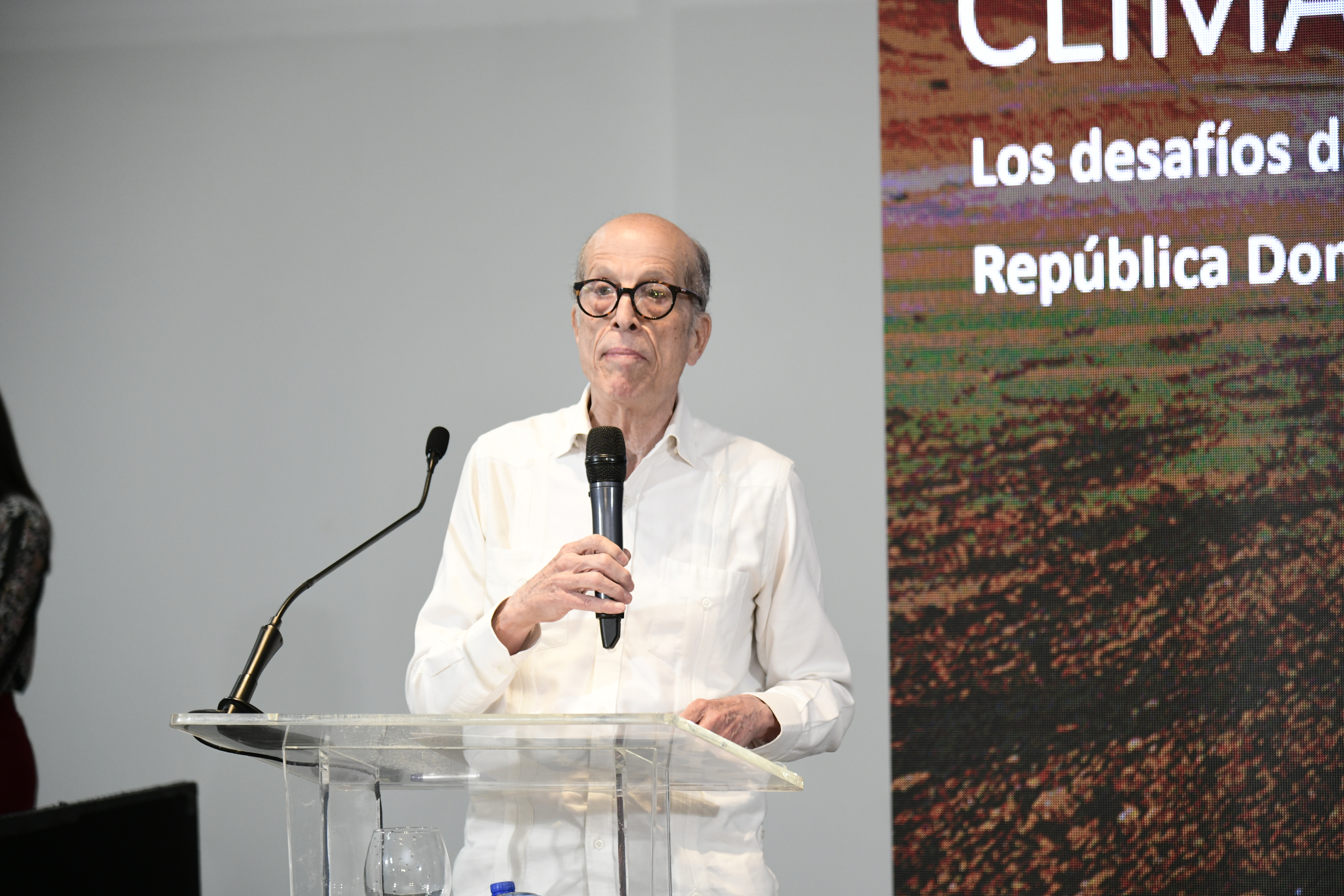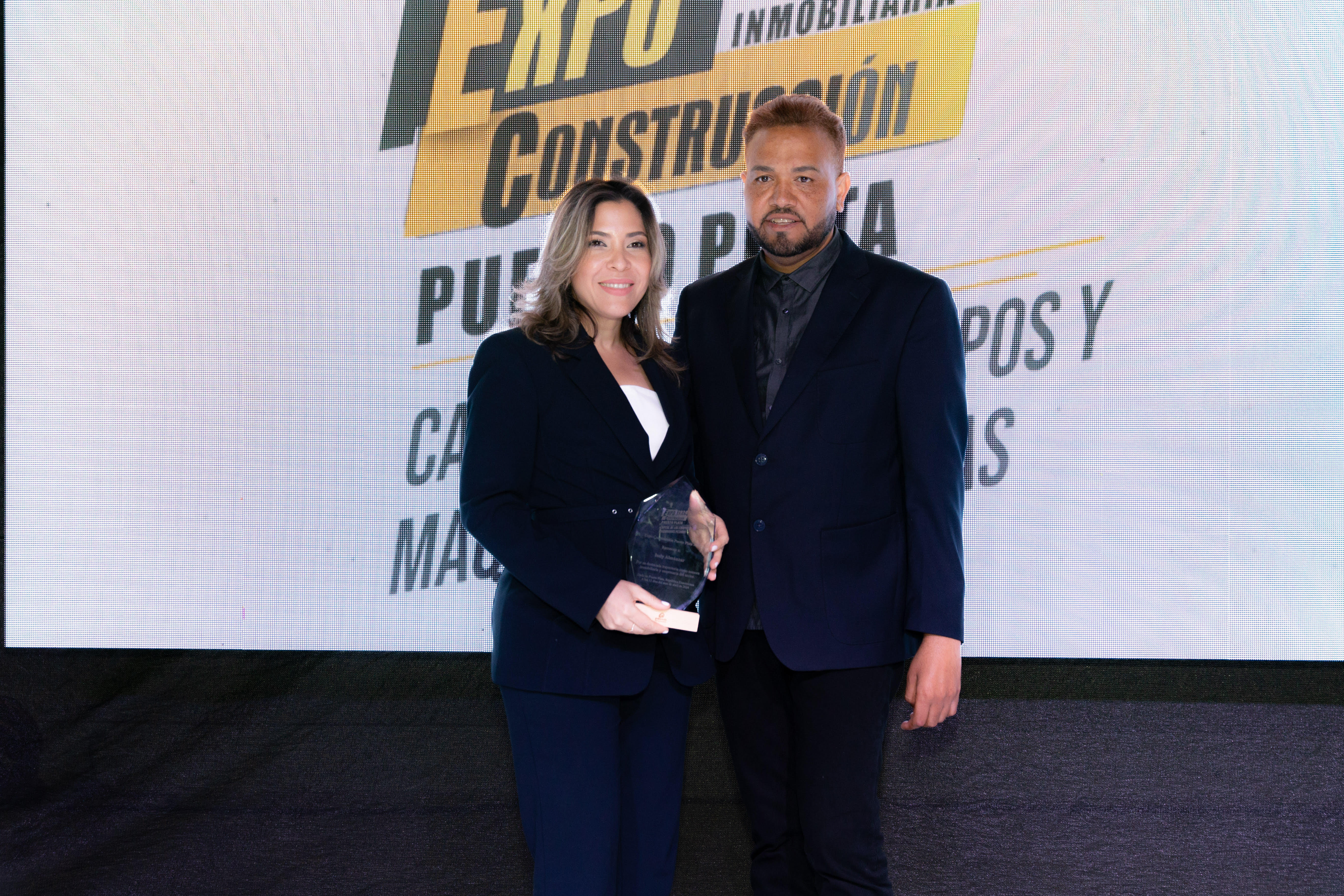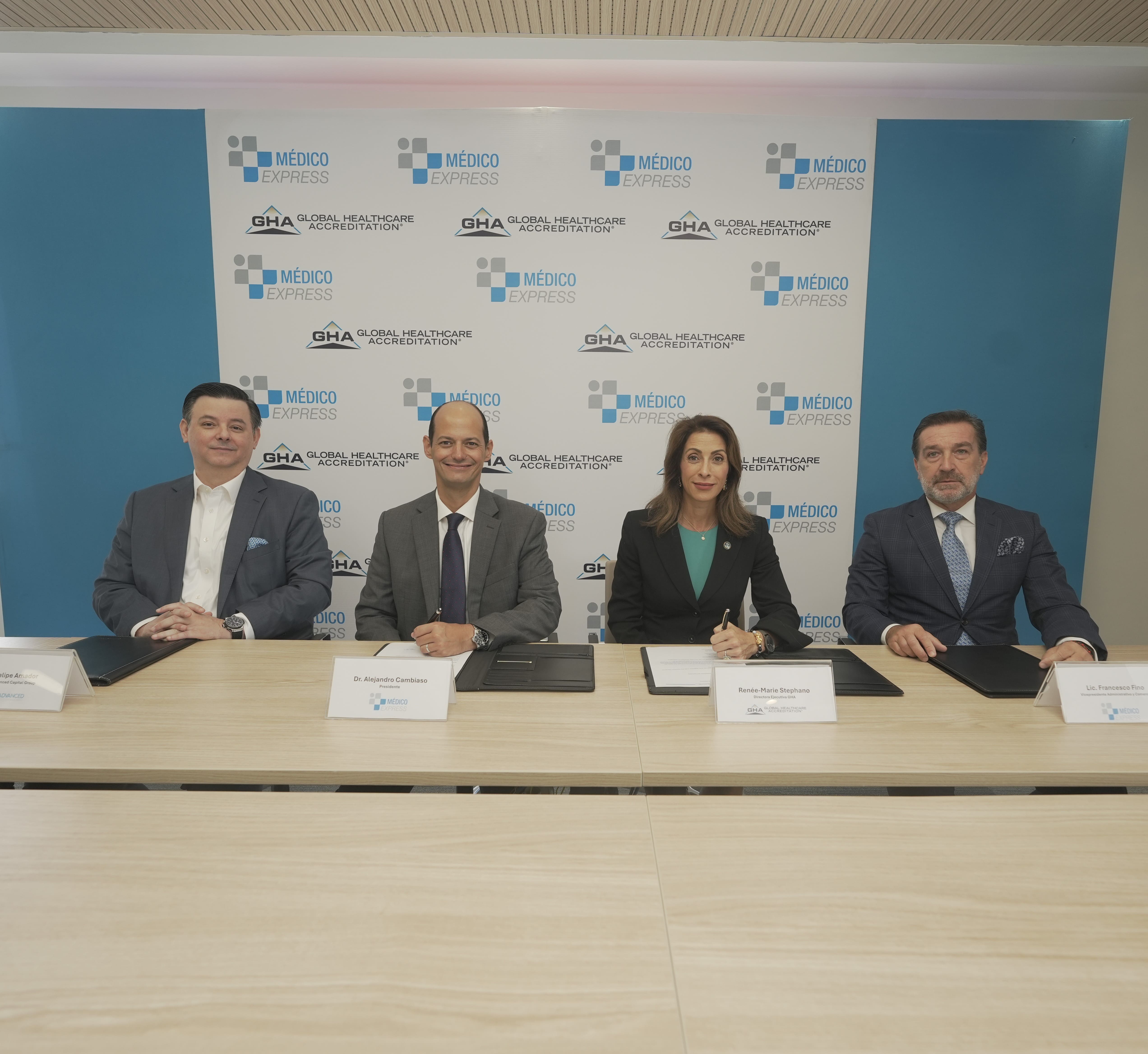Lecture
 | Lecture Delivered by Minister of Education, Mr. Carlos Amarante Baret, at a Luncheon in the American Chamber of Commerce Current Situation and Prospects for Dominican Education. Dominican education is living in its Golden Age. After the great civic and democratic party which represented this claim, in 2013, of the provisions of the Education Act 66-97 about funding levels needed for pre-university education, this historical moment presents us with great challenges and even greater opportunities. 1.Current situation before and after the 4% Dominican education is living in its Golden Age. After the great civic and democratic party which represented this claim, in 2013, of the provisions of the Education Act 66-97 about funding levels needed for pre-university education, this historical moment presents us with great challenges and even greater opportunities. Without adequate funding, education cannot advance. We are in a very complex reality which will require the greatest human efforts that this sector has needed. It is a complex challenge because our system has brought with it deficits in financing for more than four decades, which have created a difficult situation for it to function. The causes of this financial deficit can be seen in several lines of action in the service, for example: • Low levels of investment in teacher training in the period from 1970 and 1991, after which there was increased investment but not at the levels necessary to deal with existing problems. To date this has yielded only limited results in a few cases, with few good practices and mostly a decline in value, unable to reach the optimal level of teacher training that we want as a nation. • Schools working with limited availability of resources to implement their plans, without logistical support or informational and operational efficiency from the central level. • A central level not open to modernization, which is over-centralized leaving many of its best players feeling hopeless or with no expectations of making things better. • An educational system that has failed to develop a curriculum heading in a different direction, one that is more functional for our teachers, focused on results, operationally feasible and adapted to the reality of the country our children and adolescents live in today. • Immense gaps in the quantity and quality of school infrastructure to avoid overcrowding of schools. In recent years the educational system has been able to “go north” weaving together a better base with a more rational and scientific basis for an educational system we want as a nation. This is possible due to the sum total of many of these experiences of the past years such as deficits, strategic plans, and better practices proven in some parts of the educational sphere as well as the experience of many of its main actors in the education sector. In terms of strategic planning, these experiences have given our sector and the country a solid foundation to justify the decisions of a financial nature, both in terms of quality and quantity, more united and/or linked to national strategies. We must always remember that the goal of all these initiatives is the pedagogical development of our children, increased levels of insight for them along with a structure for civic, ethical and moral values ingrained in their consciousness and social practice. Guided by the thoughts and actions of our President, Mr. Danilo Medina Sánchez, we have taken the first step to initiate a truly sustainable Revolution in the pre-university educational system in the Dominican Republic. This step consists of insuring the minimum resources needed to provide educational services that modern times require to reach the conditions needed for optimum operations and quality in the next 4 or 5 years. This is to meet and implement 4% of GDP for our education. Educational systems worldwide are great executors of financial resources. These, in a first step, should achieve what many call the conquest of physical space of the operation, ie. that a given school runs without problems at the input level, with sufficient supplies, infrastructure, appropriate conditions, while also maintaining respectable and rational salary levels for teachers. We have already entered into this realm. These characteristics are those that summarize the major deficiencies that we have lived with in the past 42 years and which are still the shortcomings of today. Simultaneous to this intermediate production, we need to configure initiatives shaping the ultimate goals of educational services, namely learning outcomes, teaching consolidation and the establishment of our educational system in terms of quality at competitive levels both regionally and globally. This last line of action is the most difficult to achieve, and the experience of educational reforms in other countries shows that more time is required given the nature of educational endeavors. Other nations which now have successful educational systems passed through these developmental stages. But it took decades of reforms to develop these systems. It also took decades for some nations which are now archetypes today of achieving higher levels of quality. Take the cases of Finland and South Korea. From the 1960’s until the mid-90’s these countries succeeded in stabilizing basic operating conditions, and in turn worked patiently and steadily to achieve the highest levels of progress in the education of their students. The experience of these two countries has been based on an ironclad commitment to the education sector, the family and the state to achieve this honorable end. This is the kind of structural reform and ideological terms that we must focus on and that our government has already taken on, a reform that is supported with vigor and determination in financial terms from the agencies that regulate the financial mechanics of the state as a whole. But above all, stakeholders in the sector and society at large understand that our ultimate goals – increasing the learning levels of children and adolescents and the quality of pedagogical services – are by their nature of a long-term character, with challenges that should gradually improve within a framework for continuous improvement albeit with big human and intellectual sacrifices. In short, this is an exercise for a future of great intentions from within and outside the educational system. We are already seeing that our ultimate goal will not be easy to achieve. The implementation of the first period of this new era is already showing negative signs to some, but for men and women with a clear, determined and focused will power, improving the education of our nation represents a breeding ground for more efficient and rational action. Do not forget that great human endeavors do not start from a perfect vantage point, but rather one that is perfectible, always shaped by the risk and error inherent in human endeavors. What makes us different now from previous times is that we’re not willing to fall into despair, not willing to give up on the goal that we have set, we are not willing to stop making ourselves better and become more efficient day-by-day in spite of stumbling blocks, we are not willing to look back anymore. The great conquest of this whole social process in obtaining the 4% is not the financial end; it is that the society managed to take the first step toward that civic optimism, that willingness to improve together, being aware of the benefits that are implicit in the progress that lead citizens to quality education and increased levels of culture; to reach the consciousness as a nation that education is, at the end of the road, the only social and economic variable that matters, the only social base which makes us better citizens 2. Plans and Projects of the Ministry of Education for the 2012-2016 quadrennium (What we want) … the education sector has focused attention on the three levels of intervention, plans and projects in correlation with educational policies.These three lines are: 1. Educational Development, 2. Institutional Modernization and 3. Increase in Equity and Decrease in Exclusion. As part of our sectorial and national strategy, the education sector has focused attention on the three levels of intervention, plans and projects in correlation with educational policies. These three lines are: 1. Educational Development, 2. Institutional Modernization and 3. Increase in Equity and Decrease in Exclusion. These three areas of attention and their constituent interventions in strategic terms are linked to the guidelines of the Ten-Year Plan 2008-2018, the National Development Strategy 2030 and the Programmatic Proposal for the pre-university education sector for President Danilo Medina. Let’s see. 1. Pedagogical Development 1.1 Schools Extended Day The Extended Day is where schools have lengthened the school day to eight hours of educational work. Different players (managers, faculty and staff, students, families and community workers) are actively involved in implementing an educational project to ensure quality education, with an open and flexible curriculum, organization in pursuit of better learning outcomes, greater equity, efficient organization of resources, and more space and time for cultural, scientific, technology, arts and recreation. The Extended Day Program – of PJE – aims to train a new generation of Dominican children who have integrated into their passage through school values??, attitudes, norms and knowledge that, once mobilized, allow for the incorporation of the skills required by the present society. Through the PJE, strategies are designed to ensure compliance with the fundamental principles underlying the right to equality and equal educational opportunities. The Extended Day protects students from the challenges of unfavorable social environments by providing supports that cannot always be offered by the family. It also helps improve the performance and quality of learning in an environment rich in stimuli. Breakfast, lunch and a snack, more hours and more time for learning will better develop the talents of our children, and guarantee a better outcome. In this sense, the Program allows for improvement with verifiable results in student learning, the performance of teachers, principals and participating bodies, using school space in the service of the integral development of all students. From the above it follows that the PJE requires strengthening management teams in schools, to ensure institutional and pedagogical management quality. To achieve this conditions and incentives must be created, including such things as striving for a teaching career that is productive, rewarding, well paid, with dignified spaces for learning, and adequate instructional and technological resources for the quality and quantity required. The inclusion and collaboration of families, our mothers and fathers, friends from school, through APMAES, will make our schools the nucleus around which a community turns. We hope that by 2016 80% of students are integrated into the Extended Day Program, accessing an 8-hour school day and offering an enriched curriculum that includes a variety of experiences and which addresses the specific talents of the student population as well as their individual and social needs and expectations. 1.2 Coverage and Quality of Secondary Education The Standard Level is responsible for providing opportunities for young people to expand, consolidate and enrich their knowledge, values??, vocational interests and attitudes developed in Basic Education; it also opens the door to reach a higher educational level and a more productive life. The intervention is aimed at increasing in a progressive manner what a Secondary Education offers with a view to providing opportunities for graduates of Basic Education from social sectors with fewer opportunities, creating the conditions for them to develop skills that enable them to participate in society. This also implies the implementation of strategies for training competitive young entrepreneurs who can contribute to the nation’s development and provide opportunities to improve their personal and family life through their participation in employment and/or access to higher education. The problems to be addressed during the intervention are: the limited existing coverage in the middle level, failure of programs aimed at promoting equality, students lacking basic skills required for their age, lack of students qualified and empowered in their roles, management teams that do not exercise leadership, failure to attend school regularly and weakness in mechanisms for employing graduates. 1.3 Compliance with the schedule and school calendar To create the conditions and motivate communities to ensure compliance with the school schedule and calendar; build new classrooms, hire more teachers, extend the school day and remove night work shifts and facilitate more and better student learning. The goal is to raise levels of compliance and conform to the school schedule and calendar, and thus make more efficient use of time devoted to teaching, and make a significant impact on the results in student learning. 1.4 Curriculum development and knowledge management We want to provide the Dominican educational community with a revised and updated curriculum, sequenced and consistent in a manner conducive to the improvement of educational methods used by teachers with its implications for the quality of learning of their students, promoting their full development to the maximum and integrated at all levels, modes and subsystems. It is necessary to review and update the curriculum so that it meets the requirements so that it incorporates subjects and society as a whole. Adapting to the new concepts that have been developed about learning processes and their implications for teaching, we seek to provide a firm direction for the new proposal and define the legal and technical devices to ensure its implementation in the schools. This involves performing a technical consultation that is inclusive, pluralistic and participatory, which can gather contributions from different people and sectors of the scientific and educational community in response to the demands of society, advances in science and technology, as well as the needs posed by different social and cultural contexts in which the curriculum is developed. Once reviewed and updated, the current curriculum requires a necessary process of validation, realization and dissemination and the consequent formative process for implementation of instances, levels, modes and subsystems of education in the country. This involves the provision of the necessary supports for implementing the updated curriculum (technology resources, teaching guides, textbooks, workbooks, etc.) as well as the design and implementation of a training plan, upgrade and support for teachers, school managers and technicians who must accompany them in the process of implementing the curriculum, not forgetting the parents and guardians who must be aware of innovations in the curriculum so that they are able to accompany their children in the schools and monitor their learning. This requires review and updating the assessment and monitoring system to the processes running in classrooms and schools, in order to ensure effective curriculum development and continuous feedback on that proper curriculum, along with the performance of the educational players (students, teachers, administrators) and the educational policies and authorities that generate them. 1.5 Development of the teaching profession and training of principals This initiative proposes to solve the main problems affecting the performance of the teaching profession, such as lack of comprehensive policies for the improvement of teaching; deficit in the training of new entrants to the teaching profession; deficient levels in the admission requirements of formative Institutions for achieving a career; promotions based in many cases on the politicization of schools, lack of generalization in competitions (this applies only at the basic level), absence of educational inclusion pilot projects; uninspiring working conditions for teacher performance; the need for encouragement and reinforcement of teacher empowerment programs, not the general culture of accountability for results; breach of performance evaluation at all levels of the teaching profession, the need to redefine these with new criteria, and the absence of mechanisms for accreditation in the teaching career. As part of a broader transformation process to strengthen teacher education programs, consistent with the efforts of MESCYT, MINERD is developing a robust training and development program for school directors, through the Program Certification in Quality Management for the School of Directors. 1.6 Improvement of Basic Education Ensure that children aged 6 to 13 years inclusive receive Basic Education of quality; creating the necessary conditions so that learning occurs in a holistic manner and according to the needs and interests of the students … Ensure that children aged 6 to 13 years inclusive receive Basic Education of quality; creating the necessary conditions so that learning occurs in a holistic manner and according to the needs and interests of the students, in order to continue to develop the core competencies raised in the Dominican curriculum. This intervention is based on the design and implementation of programs for the development of writing, reading comprehension, science and mathematical logics thinking for all Basic Level students; guaranteeing institutional management and efficient and effective teaching. In the basic education field one program stands out, the “Supporting Policies for the Primary Grades and the basic level in Reading, Writing and Mathematics” that is implemented as a MINERD coordination with 3 other institutions: PUCMM, in the northern region; OEI in the east and the POVEDA Center in the South. 2. Institutional Modernization 2.1 Modernization and restructuring of the Ministry of Education This intervention is aimed at restoring the effectiveness of pre-university education processes and generating results with the quality expected through the effective delineation of the areas of responsibility of the different entities of the Ministry, the provision of pertinent structures, mechanisms, resources and technical tools to operate, in order to empower educational centers for their essential role, that students learn and what they learn is relevant to their integral development. It aims to increase efficiency and effectiveness in carrying out educational processes and achieving outcomes, especially those of the center, facilitating the equitable and sound distribution of resources and accountability, which must translate into improved services and increased student learning. In this context, we seek to continue making progress toward decentralizing the system, strengthening educational centers, providing conditions for them to take the lead in the educational process and play their role as efficient facilitators of student learning. Toward this end we are equipping the centers with the technical tools and standards that will facilitate their operation and efficient decision-making, resources and accountability. These instruments include an organic/functional structure, a structure with positions that are classified and described and criteria for their classification in this instance, as well as the rules and procedures for standardizing the work to be done. Likewise, with the districts, regions and headquarters we will proceed with the systematic and coherent decentralization of the educational system. We expect to systematize educational system processes in order to optimize the use of resources (time, materials, effort), thereby improving the quality of the educational processes and services that MINERD offers. This way the Ministry will have an agile and flexible decentralized organizational structure that facilitates the active participation of society in decisions and actions, as stipulated in Law 66’97. 2.2 Classroom Construction, Rehabilitation and Maintenance This intervention aims to build 28,000 classrooms and rehabilitate another 23,130 on a national scale for Preschool, Elementary and Middle School levels, to eliminate the classroom shortage that prevents meeting the educational demand for a quality education. This will make it possible to extend the school day to 8 hours daily. We are witnessing the largest and most ambitious school construction program ever undertaken in the country since the arrival of Columbus. For 2014, the architectural style of the schools will be changed so that it addresses both the region and the need. It will be provided by the Ministry of Education (MINERD) and the Ministry of Public Works and Communications (MOPC) will do the rest of the designs. The classrooms will be built nation-wide, to address the priorities established by MINERD. With the construction of the 28,000 classrooms, the country will then have 63,000 classrooms. This goal responds to the National School Building Program (PNEE) under the Ministry of Public Works and Communications (MOPC) and the Office Supervising Engineers for State Works at an annual ratio of 60/40, as mandated by the president. 3. Increased Equity and Diminished Exclusion 3.1 Integral Early Childhood Care As President Danilo Medina promised in his election campaign, we will reduce the gap in coverage and the baseline levels of inequality, so that children from low-income families can also receive quality early education through the establishment of an Early Childhood protection and integral care system. The intervention consists of providing protection and quality integral care to children age 0 to 5 years who are not being served, through institutional strategies based on family and community. From an integral care perspective, the idea is to develop actions for awareness, guidance and education on parenting practices, building a comprehensive care model that is family and community-centered from a rights perspective, with an emphasis on the prevention of risks in childhood. In the coming weeks we will begin the construction of the 100 Daycare Centers ordered by the President. 3.2 Literacy Plan “Quisqueya Learns With You” and Youth and Adult Education “Quisqueya Learns With You” is the National Literacy Plan aimed at overcoming the illiteracy rate of people over 15 years old, through actions that help strengthen literacy practices favoring continuity of learning, in order to build a society that overcomes existing levels of exclusion through the broad mobilization of society and actions for literacy carried out in spaces called “learning centers.” I have defined this plan as “the greatest labor of love” of President Danilo Medina’s government The country’s Youth and Adult Education subsystem will be strengthened from the different levels and modalities, such as literacy, basic and intermediate levels, and the job training mode, in order to expand coverage, create conditions for continuity and permanence, and improve quality of learning for young people and adults, as well as foster greater coordination with government agencies and non-governmental and civil society organizations. Our main objective is to overcome the illiteracy rate among people over 15 years of age, through actions that will help strengthen literacy practices favoring the continuity of learning with a view toward building a society that overcomes existing levels of exclusion. We hope, with the help of all society, to declare the Dominican Republic a territory free of illiteracy by the end of 2014. 3.3 Support to a Vulnerable Student Population Some of the immediate effects of the program include improving the general conditions of education, nutrition and health of the population, as well as improving family budgets by providing resources. The idea is to achieve total coverage (100%) with optimal quality in the supply of nutrition and health support services, school supplies, transportation and other social services to schoolchildren, adolescents and youth in conditions of higher vulnerability or poverty across the country, in order to increase their levels of learning and reduce absenteeism, repetition and dropout rates. Not only do these programs help support poverty alleviation effectively in the target population, they also provide the means for a way out of poverty through quality education. Some of the immediate effects of the program include improving the general conditions of education, nutrition and health of the population, as well as improving family budgets by providing resources. 3. Our Outlook for 2016: Where do we want to go? The set of initiatives that we have presented today are summarized in a series of interventions, intermediate outcomes and focused initiatives that aim to raise learning outcomes in the pre-university education sector. We can summarize them in the following points with a view toward 2016 and/or the condition in which we would like to find the system at the end of this work cycle. These are our end expectations: • Normalize operationally the vital teaching/learning space. This point is what in educational jargon terms is called “School-based Management.” By 2016, this course of action will allow us to make the schools self-sufficient in their plans and projects, as individual and unique units for the teaching-learning process. • Increase key aspects of school autonomy, especially those that improve the levels of participation of families, communities and local leadership in general • Establish a clear and highly structured framework of Information for Accountability. Generating and disseminating the information produced by schools/centers, their rights and responsibilities, what must be entered into the system (inputs), what should be produced (outputs) and learning outcomes are the first step toward implementing a possible structural reform in any educational system. Within the framework of accountability, three factors must be increased in order to solidify the reforms based on the strategies mentioned earlier. First is the possibility of choice and diversity. This is accomplished by providing parents with overwhelming evidence of learning outcomes and the advantages that such information represents in choosing the way their children should be educated. The second is the increase in participation. This will be achieved by making clear the roles, rights and responsibilities of the beneficiaries of the education service. The third is to increase information to society. This will allow parents and society as a whole to demand better governmental implementation of policies and objectives that leaders have promised society. Although these measures are not a prerequisite for ensuring the final outcomes of the education service, in many countries their implementation has demonstrated that they are the best practices for making real improvements. • Sound incentives for the teacher class, based on clear policies that create a link between the payment and the required academic performance. This new education action scenario suggests a recovery of the role of the human element in the educational process. Initiatives for 2016 give a new twist to this role, which certainly is the most important in the entire educational process: the teacher as a driving force across the entire education service. Adding to this the positive effect that is generated by the conversion of the normal and/or regular school day to an extended one, we expect that by 2016 teacher salaries will be gradually increasing, in proportions that will make this career very attractive in terms of competitiveness in the Dominican job market. However, we must point out that these times also require commitments from our teaching class and the Ministry in terms of final results, in other words, learning; therefore, during this administration’s term, various incentives will be established based on learning outcomes and academic excellence. • The consolidation of institutional modernization in administrative and academic plans. Continued progress in DECENTRALIZATION processes, seeing the accumulated experience of other systems with better outcomes than ours and observing their actions in a strict sense, we have concluded that an essential challenge is institutional strengthening at all levels, and by extension, the creation of an educational culture focused on results. Without the immediate creation of this asset, the efforts to develop techniques, invest resources and address the aspirations of all society could become a sterile exercise that leads to hopelessness. It is our commitment that by 2016, the main interventions posed in our national and sectoral strategic plans where modernization is concerned, will be solidified toward the achievement of this outcome of major strategic and operational importance. 4. The Education Pact Dominican society, through its organized forces or individual participation, has been invited by our President Danilo Medina to the signing of a major Pact for Education. This Saturday, the regional consultation process begins in Este, San Pedro de Macorís and La Romana. We hope that the Dominican people, in all their social, ideological, economic and popular expressions, will participate actively by contributing their ideas, suggestions and proposals for the purpose of enhancing our education. I know that you, in your capacity as entrepreneurs who have taken on the social responsibility of a better education for everyone, will make significant contributions to this pact, which will be added to those that you have already made in your partnering with a large number of schools that enjoy your economic, technical and spiritual support in this never-ending struggle for Quality Education. This new education will be a pillar in the raising of our economy’s levels of competitiveness, because from now on, education, the economy and businesses will never proceed along separate paths. This Pact must be enveloped in the greatest possible legitimacy. No one should fail to participate. |

Related News
-

(Versión en español) Inauguración de la XII Feria Semana de la Geografía 2024
-

(Versión en español) Sector construcción dominicano reunido este fin de semana en la IV Expo Construcción Puerto Plata
-

(Versión en español) Médico Express será pionero en RD con certificación de excelencia para turismo médico
-

(Versión en español) Realizan premiere de la nueva película "Canta y no Llores", coproducción entre República Dominicana – España
-

Dominicanos en Grandes Ligas
Las ultimas noticias/novedades de lo que acontece con los Dominicanos en las Grandes Ligas durante toda la temporada 2019.

